Economists expect recession, high inflation in US this year
The United States is poised to enter a recession this year and face high inflation well into 2024, a new survey citing economists has predicted.
More than two-thirds of respondents to the National Association for Business Economics (NABE) survey, as reported by the AFP news agency on Monday, saw inflation remaining above four percent in the US at the end of the year.
The survey summarized the responses of 217 NABE members and was conducted between March 2 and March 10, the organization said in a statement.
It comes as the US Federal Reserve has raised rates by 4.75 percentage points in a bid to tackle soaring inflation in the country, which touched a record level last year amid the collapse of several major American banks.
Silvergate Bank, Silicon Valley Bank, Signature Bank, and First Republic Bank all crashed within a couple of weeks, plunging the financial markets into crisis.
US Treasury Secretary Janet Yellen said on Thursday that the government used "tools to act quickly to prevent contagion" and was "prepared to take additional actions if warranted" amid the banking crisis.
"Our top priority is to protect the health of the US economy. Two weeks ago, we learned of problems at two banks that could have had significant impacts on the broader banking system and the American economy," Yellen asserted.
"We took actions to protect all depositors at the two failed institutions and provide additional liquidity for banks. This was designed to mitigate risks to the banking system."
She further noted that the owners and shareholders of the failed banks "are not being protected" by the government and the losses due to the collapse of the banks would not be covered using the taxpayers' money.
Last week’s quarter of a percentage point rise is the Federal Reserve's ninth consecutive rate rise and the highest rate since 2007. Just a year ago interest rates were close to zero.
Meanwhile, international markets have been closely watching the US Federal Reserve's moves and mounting stress in the US banking sector.
On Wednesday, European Central Bank President Christine Lagarde warned that financial tensions in the wake of the banking crisis may hit the eurozone.
"Inflation is still high, and uncertainty around its path ahead has increased. This makes a robust strategy going forward essential," Lagarde warned.
The ECB last week decided to raise its interest rates by a further 50 basis points, shrugging off the turmoil in banking markets.
The Bank of England (BoK) has increased its interest rate repeatedly in the last two years, raising it 11 times to 4.25 percentage points. The bank says the increase in interest rate is part of the government's measures to curb inflation that hit its highest levels since 1982.
The rise in interest rates will inevitably increase pressure on many Britons already being squeezed by soaring inflation and the worsening cost-of-living crisis that is expected to continue until 2028, according to some economists.
In the past several months, there has been a significant surge in protests and industrial actions in the UK, mainly over pay and working conditions.
Similar acts of civil disobedience have also been reported in Germany, France, Spain, and Portugal, as well as other European countries.
In France, protesters have for the past three months staged mass demonstrations and nationwide strikes over President Emmanuel Macron's controversial pension reform plans, prompting the president's critics to call for his ouster.
French human rights groups have accused the authorities of "undermining the right of citizens to protest by making disproportionate and dangerous use of public force."
"The authoritarian shift of the French state, the brutalization of social relations through its police, violence of all kinds and impunity are a major scandal," the French Human Rights League president Patrick Baudouin said on Friday.
Rights groups have raised concerns over the French police's repeated use of "kettling", also known as "trap and detain", a crowd-control tactic consisting of cordoning off protesters in a small area.
The soaring inflation in the US and Europe was triggered by the war in Ukraine that broke out last year, considerably pushing up food and energy prices.
Russia launched its military operation in Ukraine in February 2022 following Kiev’s failure to implement the terms of the 2014 Minsk agreements and Moscow’s recognition of the breakaway regions of Donetsk and Luhansk.
Since then, the US and its European allies have imposed unprecedented economic sanctions against Moscow while supplying heavy weaponry to Kiev.
Alawite women abducted and raped, others sold by Jolani's men: Report
Iran, China, Russia hold trilateral talks on Geneva nuclear negotiations
VIDEO | Protests and skepticism greet Trump’s 'Board of Peace'
Envoy to UN: Iran will ‘decisively’ defend itself against aggression
VIDEO | Press TV's news headlines
VIDEO | Muslims across India begin holy month of Ramadan
Hamas condemns Trump's 'Board of Peace' meeting
Iran and Saudi FMs discuss outcomes of latest indirect Iran-US talks


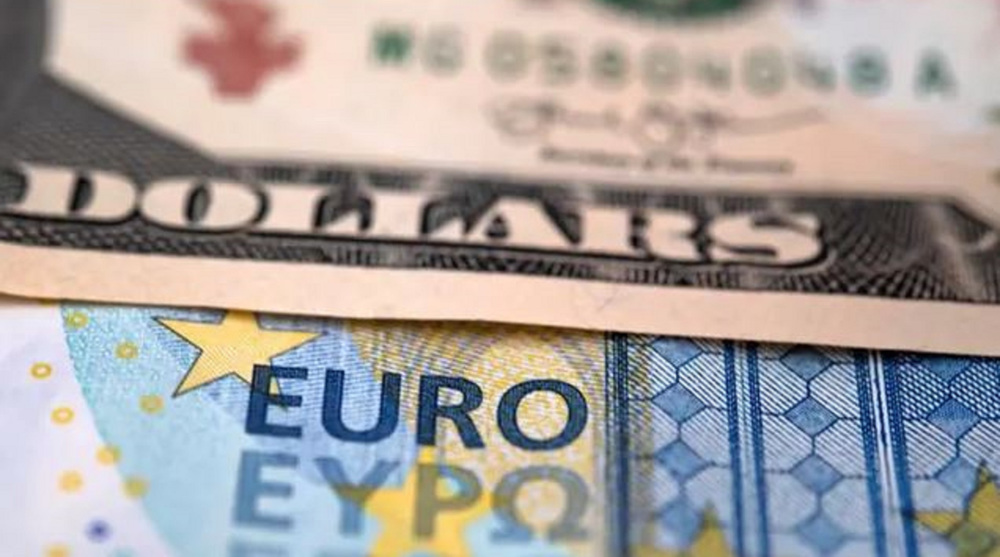

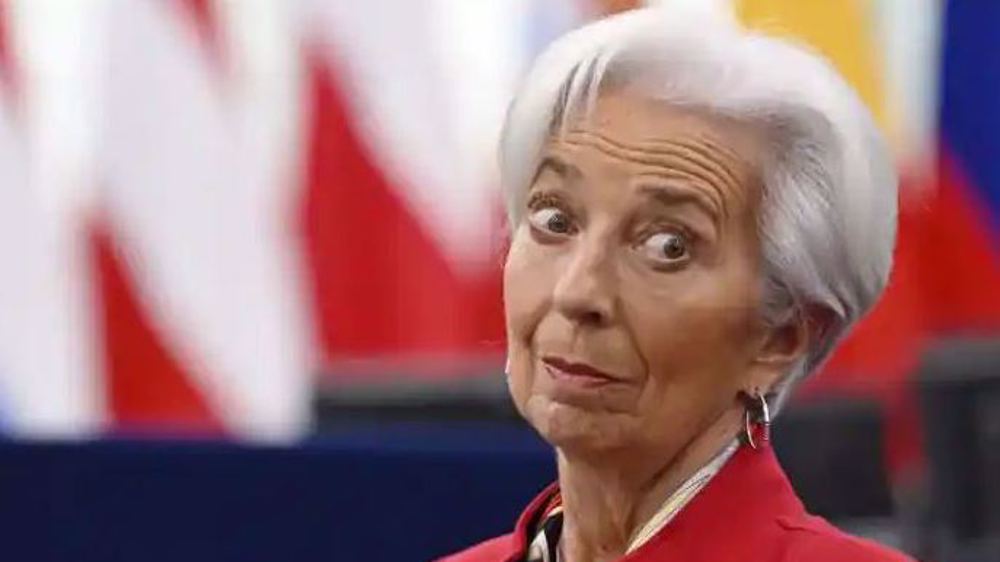

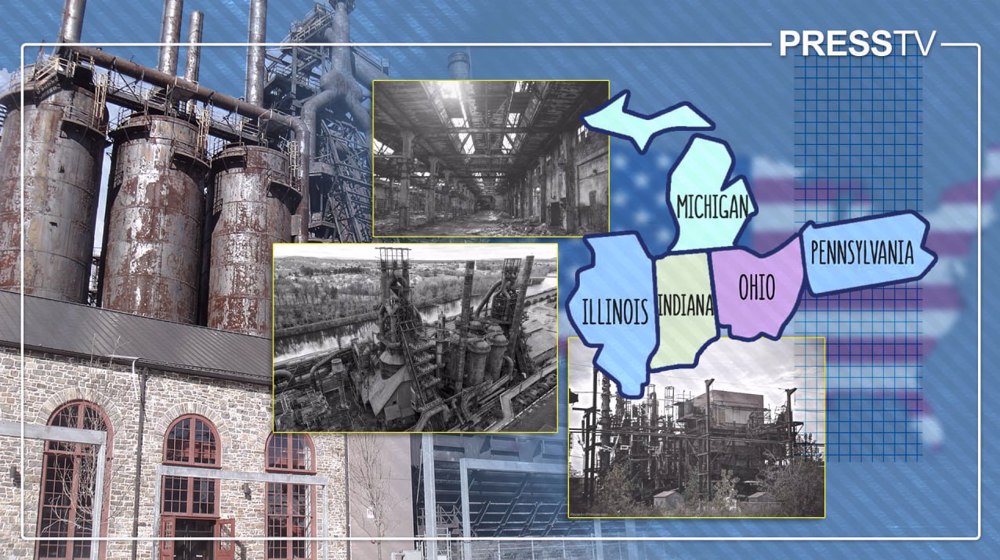

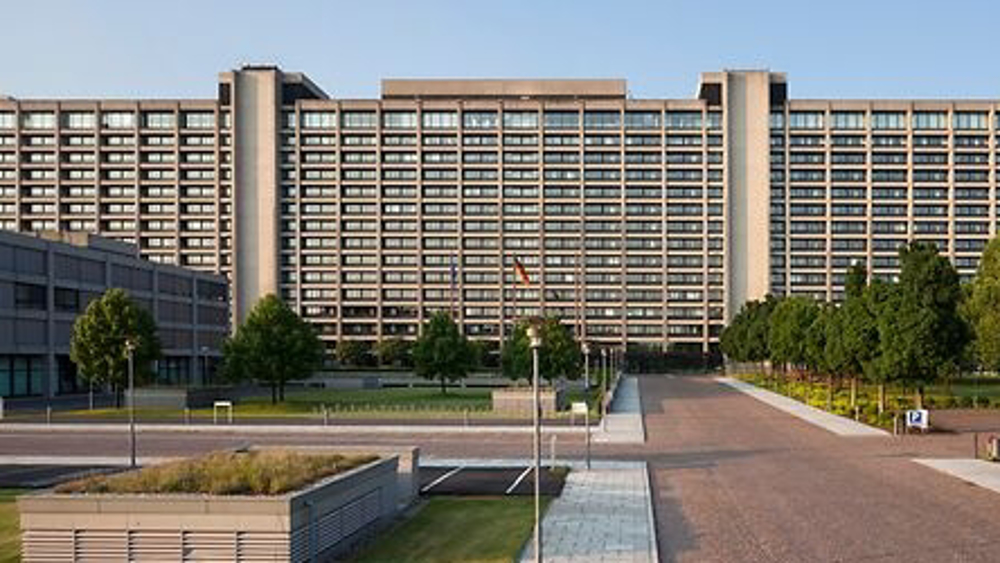



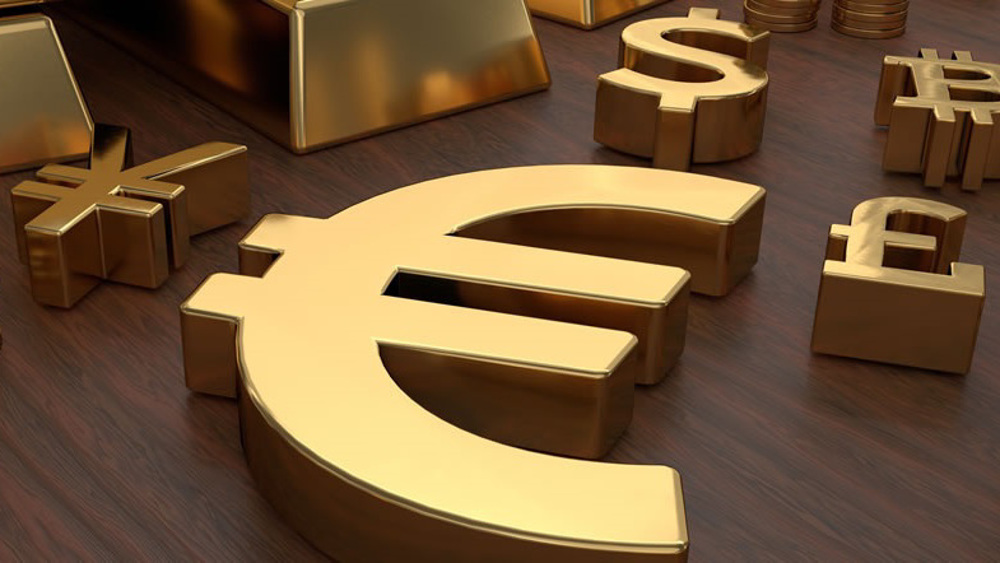

 This makes it easy to access the Press TV website
This makes it easy to access the Press TV website